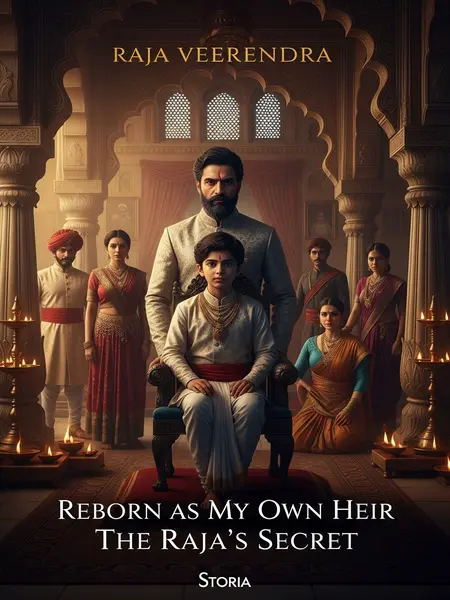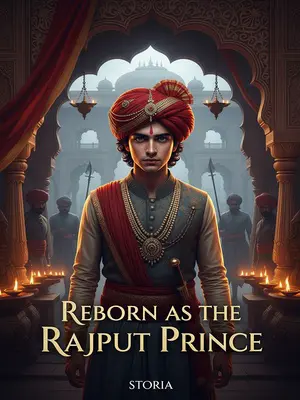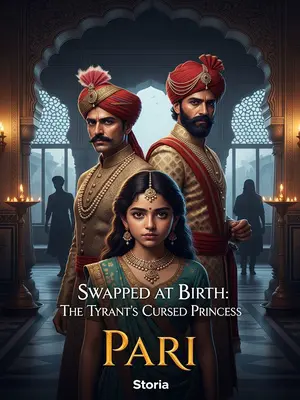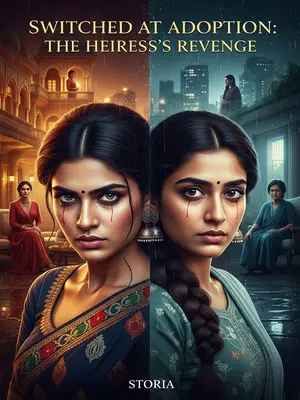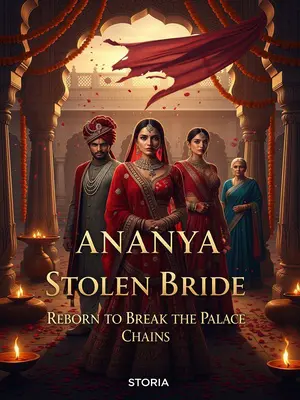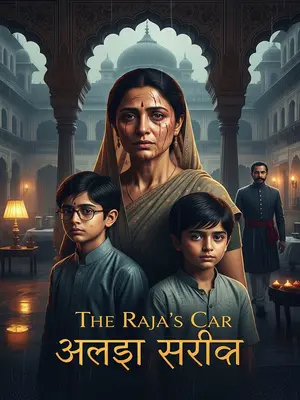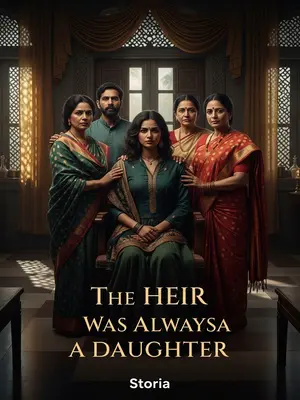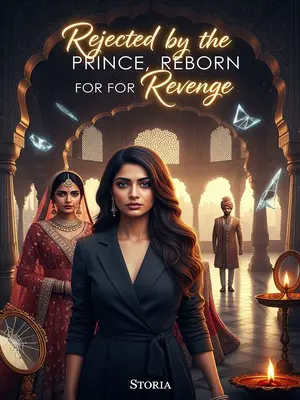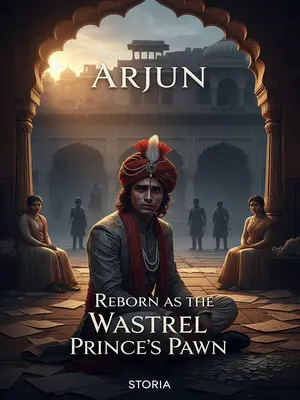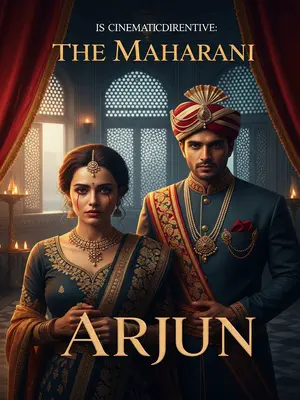Chapter 3: Court Games and Family Flames
A kingdom can’t be without a ruler for a day.
After the ceremony, I was Raja again.
During darbar in the morning, I sat at the top, half-asleep, listening to the ministers below arguing furiously about my posthumous title.
I’m probably the first Raja who gets to hear his own posthumous title.
That’s… oddly comforting.
A certain morbid pleasure in hearing people sum up your life in three lines, while you sip your tea—only I wasn’t really sipping, just fighting a yawn and fiddling with the edge of my new silk angarkha.
There were basically three camps below:
Pradhan Mantri Chaturvedi’s group, who thought I’d achieved great feats.
Senapati Singh’s group, who thought I was mediocre.
And General Raghav’s group, who just yawned and spaced out.
Everyone argued back and forth, getting nowhere.
The hall echoed with voices rising and falling, some dignified, others petty, the kind of din you hear at a family wedding when deciding which ladoos to serve at the halwai counter. One minister nervously adjusted his shawl, another fidgeted with his pen, anxiety crackling beneath the surface.
Pradhan Mantri Chaturvedi insisted I was a wise ruler for the ages, devoted to the country and the people.
Senapati Singh countered that I’d achieved nothing major, and in my early years was reckless—especially at the Battle of Chandraghat against Malwa, where I lost 2 lakh troops and shamed the nation. Not a wise ruler, he said.
I froze for a while when I heard Chandraghat.
That was so long ago.
Instinctively, I reached for the scar on my left arm, but felt only smooth, youthful skin. Oh right, I’ve changed shells.
The memory of that night—the smell of wet earth, the clash of swords, the cries of wounded men—rushed back, as vivid as ever. My old hand would tremble at the thought, but these new fingers only tapped restlessly on the throne armrest.
I took the throne at fourteen, full of youthful ambition, eager for glory and territory.
In my second year, Malwa kept invading our borders, so in a fit of anger I led the army south, vowing to flatten their capital.
After a year and a half deadlock, I barely won at Chandraghat.
Malwa’s 3 lakh troops were wiped out, and my 2 lakh were reduced to less than 20,000.
Malwa was beaten into submission and stayed quiet for years.
But Bharatpur didn’t fare much better, taking over ten years to recover.
After that, I never fought another war.
Pradhan Mantri Chaturvedi wanted to argue more, but I waved my hand.
“Bas karo na. That’s enough for today. We’ll discuss it another time.”
I longed for a hot cup of filter coffee and the cool breeze from the terrace, far away from this endless bickering. When I spoke, my voice came out steadier than I felt, and the hall finally fell quiet, the ministers’ whispers trailing away like incense smoke in the corners.
